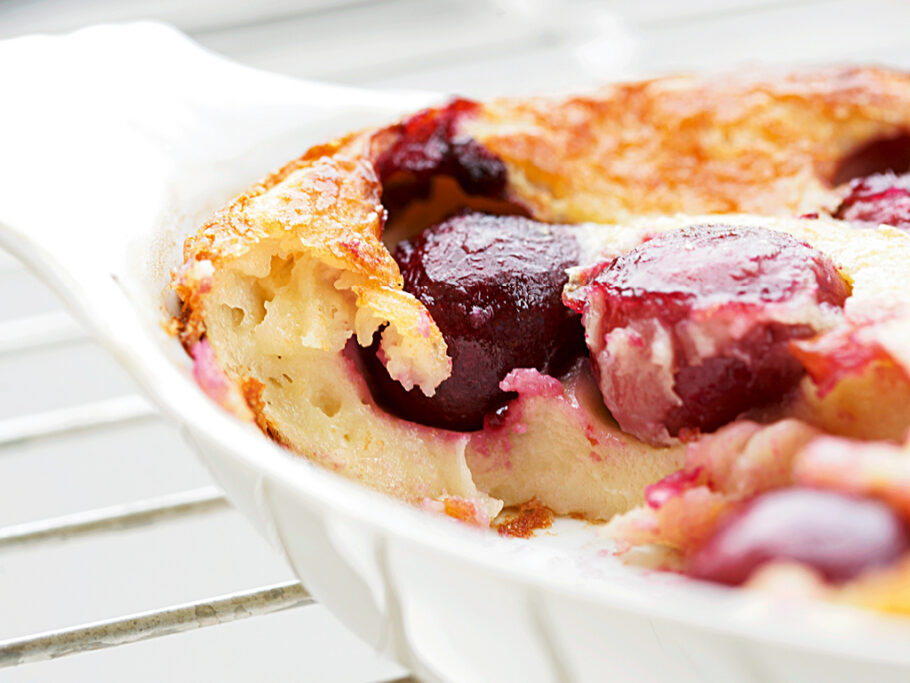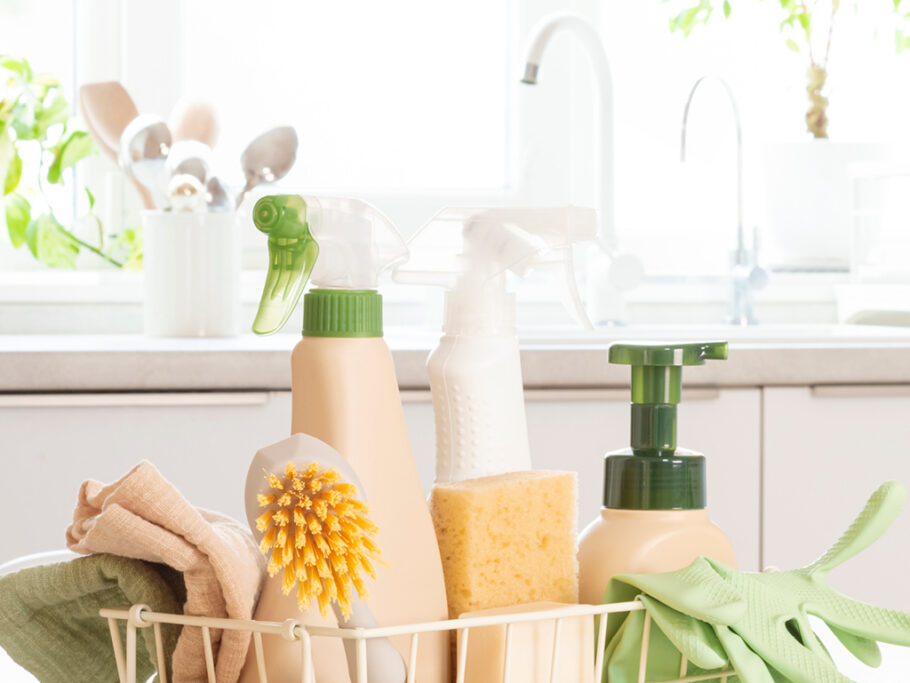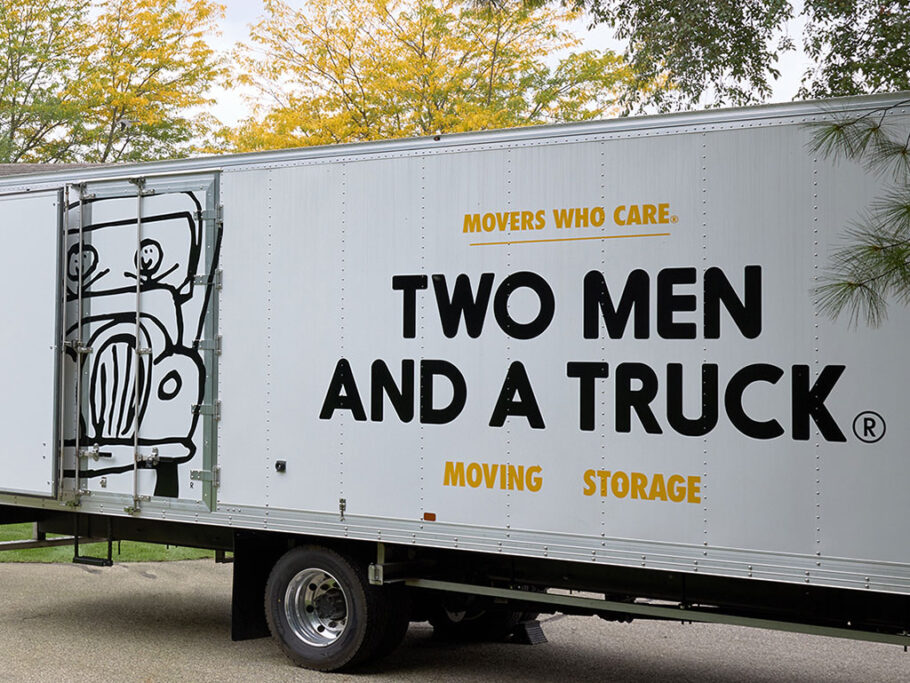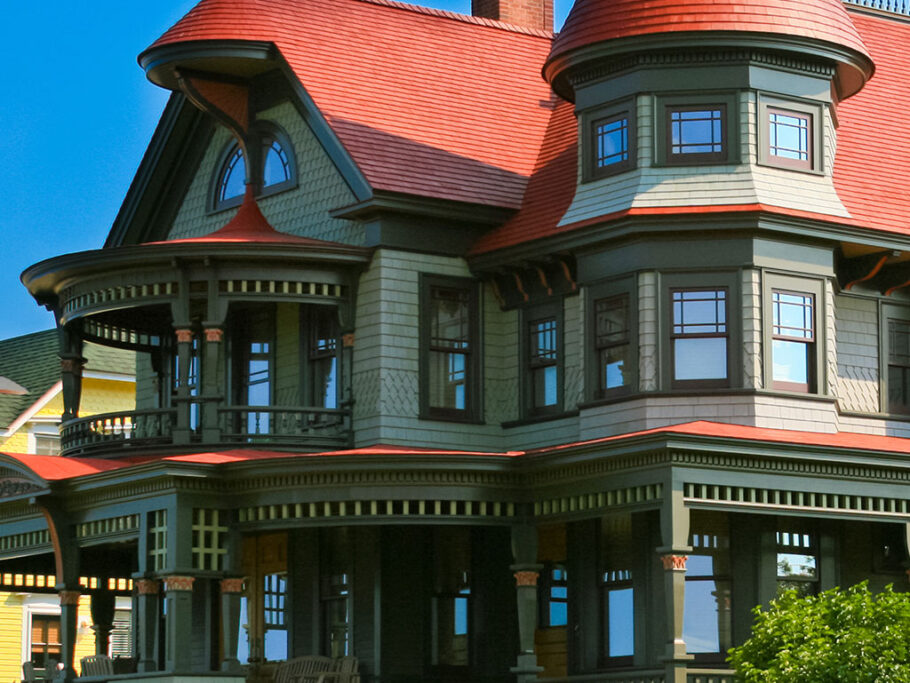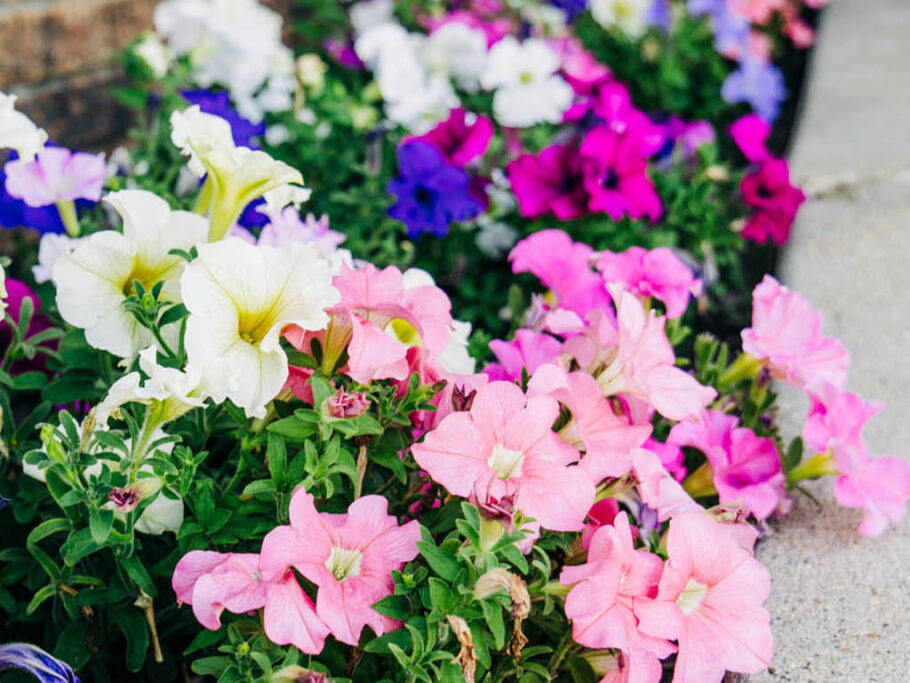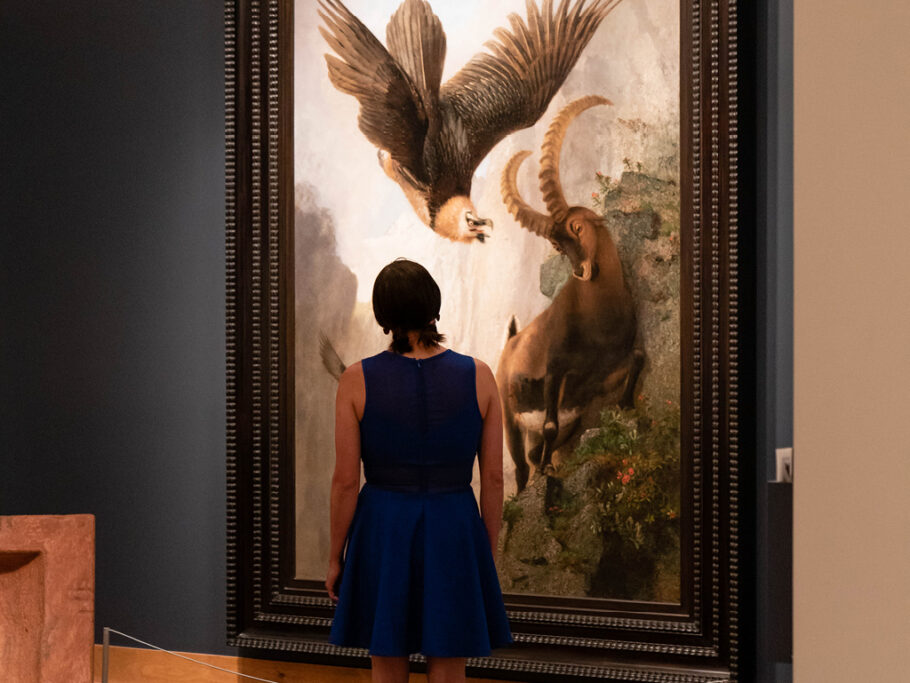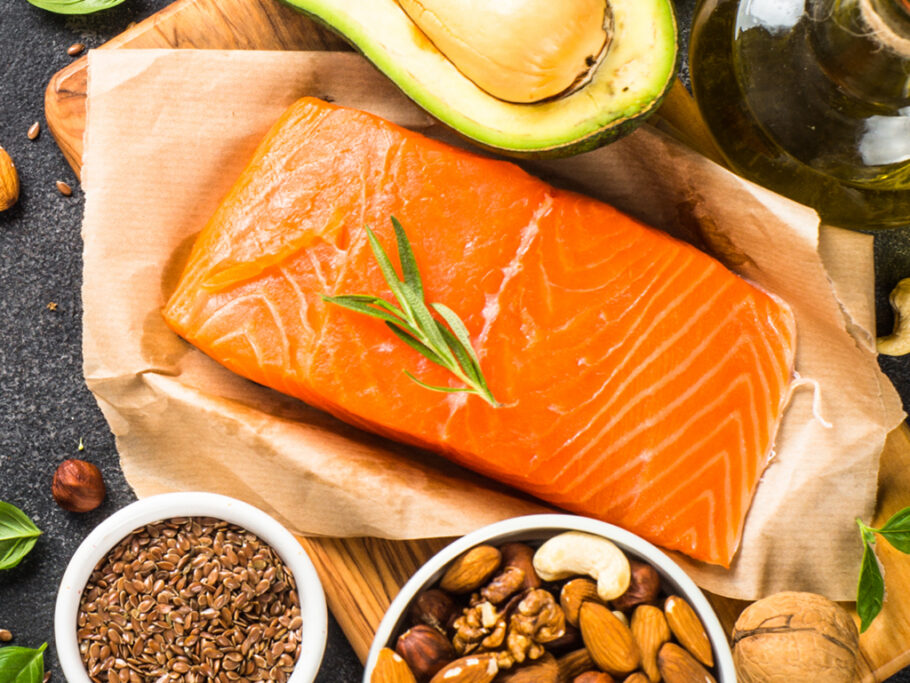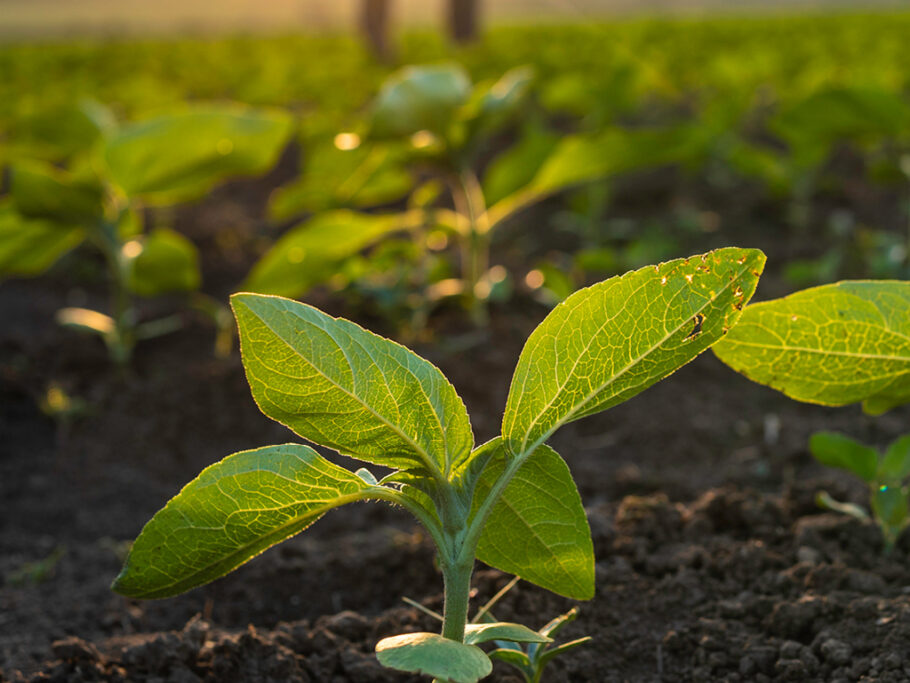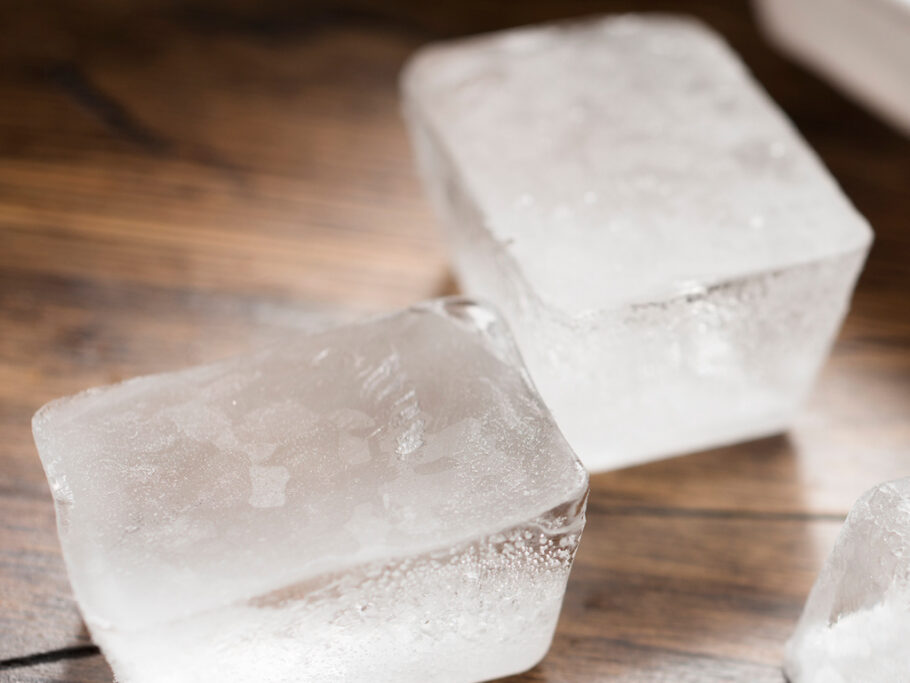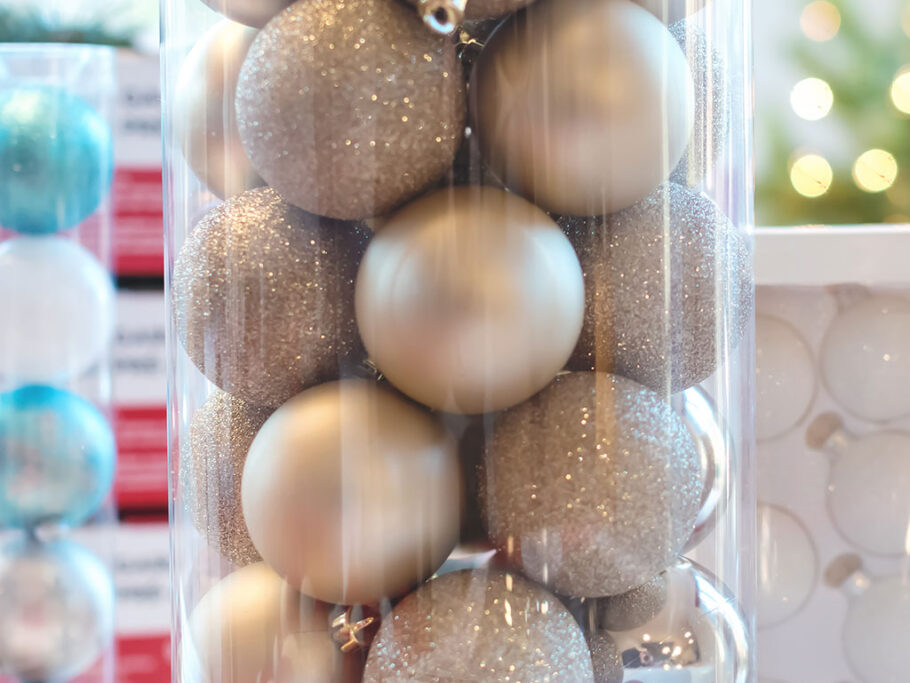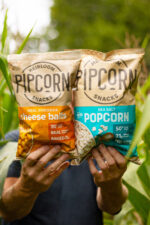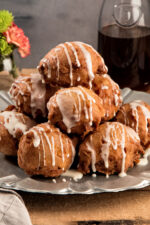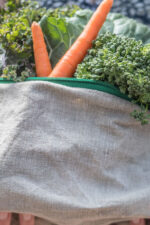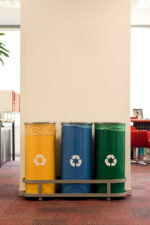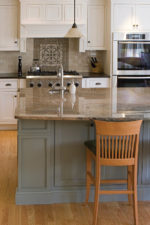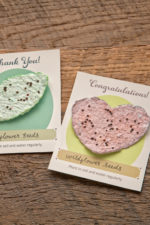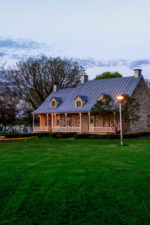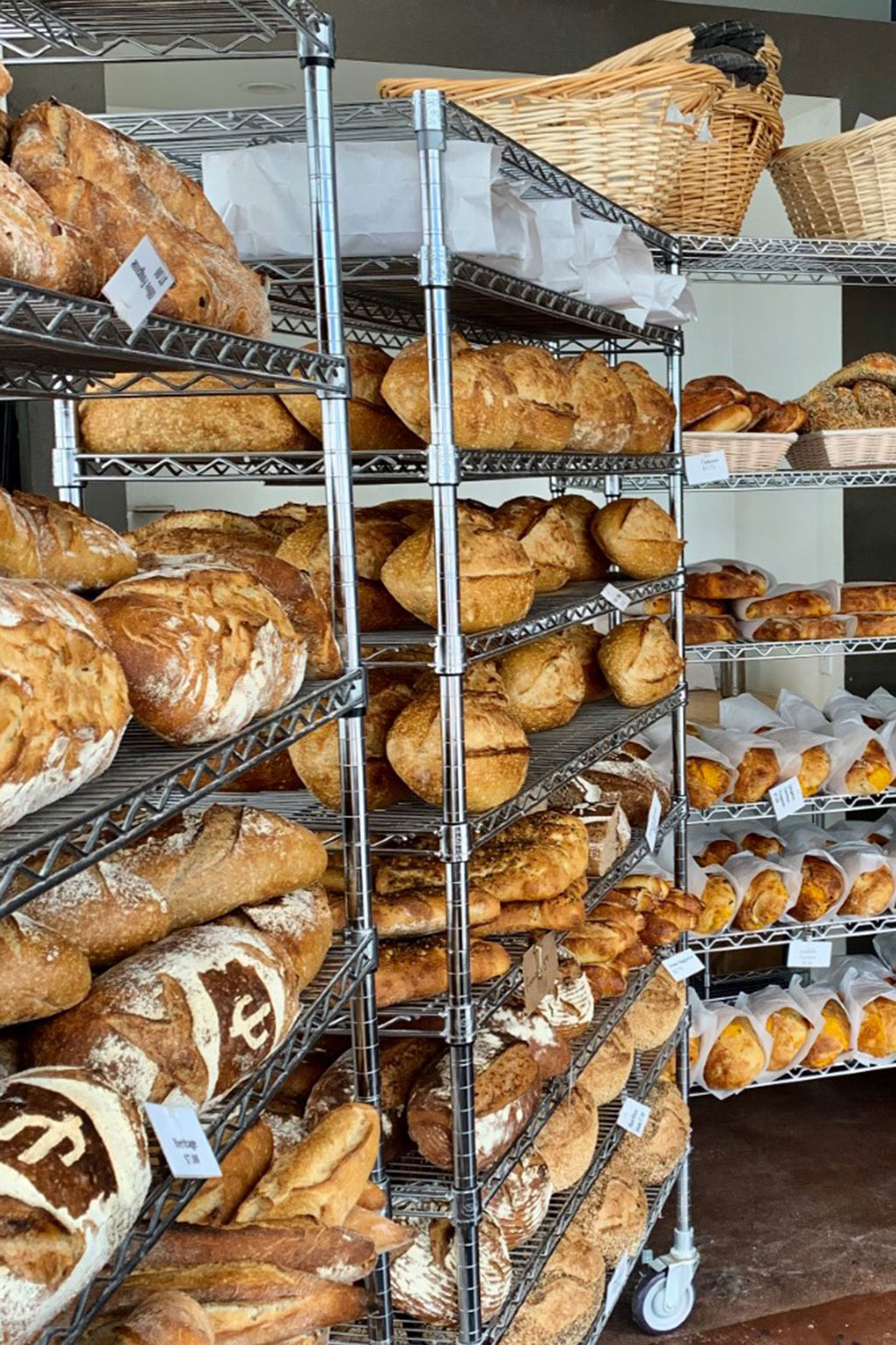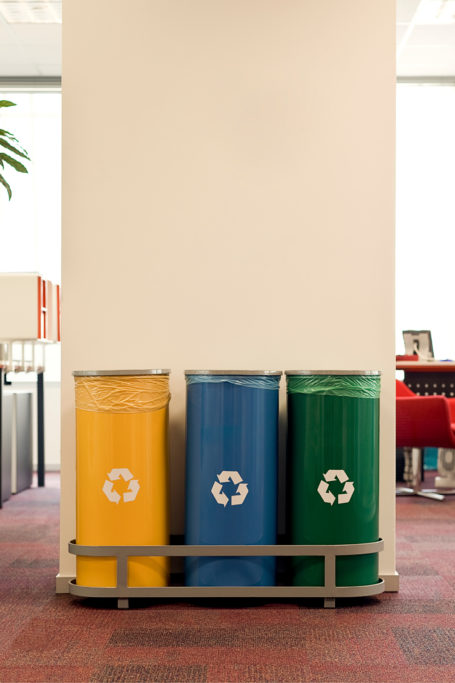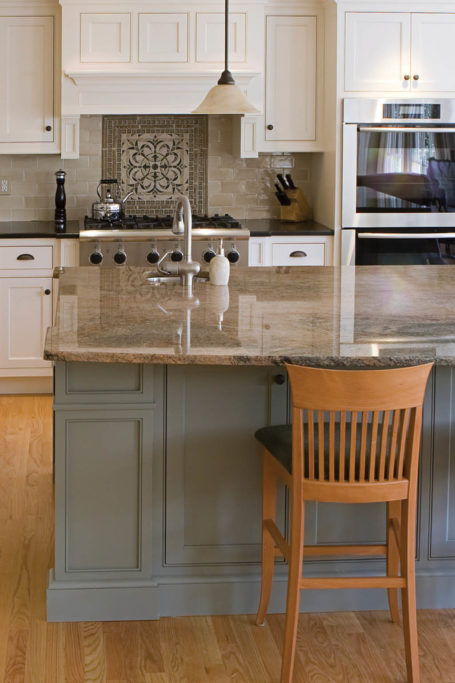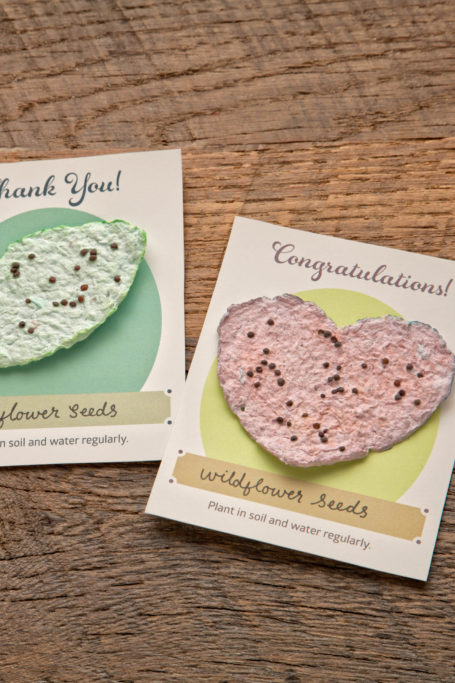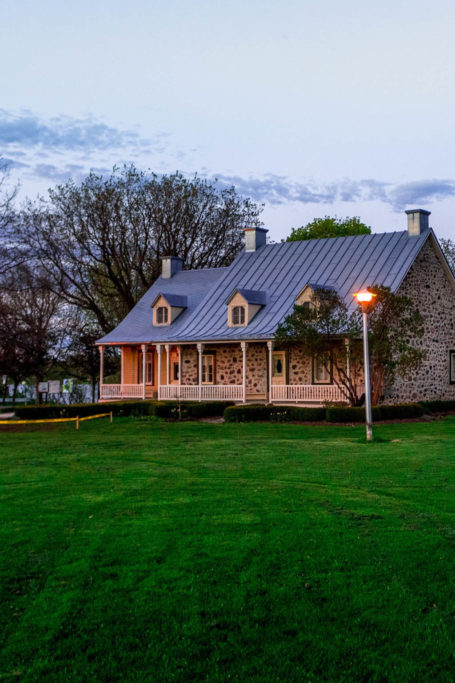Grains for Good
Interview with Don Guerra
Photography as noted
Award-winning baker Don Guerra discusses the long journey to creating his Tucson-based company, Barrio Bread, the art of bread making, and his focus on community.
What inspired you to be a bread baker?
It started when I was just a kid. We didn’t have a lot of money, so my mom made basic whole-wheat loaves and my nana tortillas, both of which I loved having in our home. The aroma! We also always had a lot of people around and fed them.
My entrepreneurship grew from working with my dad. When I was eight years old, he had me shining shoes at his barbershop. I quickly learned that I enjoyed work in itself: always being busy and providing a service.
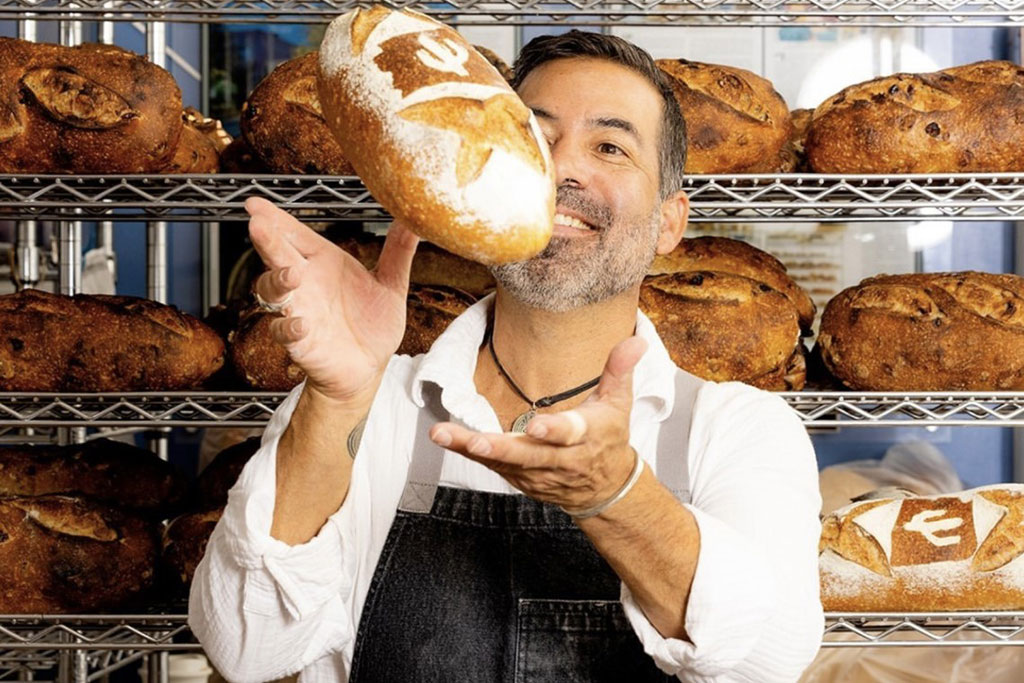
Where did you learn the tools of your trade?
I worked at a bakery in Flagstaff, which gave me that familiar, comforting feeling of fresh-baked bread made in a tight environment. My first night there, I said to myself, This is what I’m going to do for the rest of my life.
I also love the art and science of baking and sharing something beautiful with my community. So when I went to college, I majored in cultural anthropology. That, combined with my entrepreneurship and love of bread, led to my business model. I don’t have a traditional bakery—it’s more like a community-based research bread lab.
You were also a teacher. How did that come about?
I opened my first bakery in 1995. By 2001, it had gotten too big for me, and I wasn’t a strong enough leader to manage it. I decided to sell it and get my teaching credentials; I then taught public school for seven years.
When I opened Barrio Bread years later, I applied many teaching principles, such as lesson planning, public speaking, management, and leadership, to the company so I could get the best out of my staff. That has made such a difference. Now I teach bread making on breadlessons.com, hold in-person classes, and do consulting.
At one point, you had an oven in your garage. Would you tell us about that?
I had originally planned to open Barrio Bread as a brick-and-mortar bakery, but the economic collapse of 2008 prevented me from doing so. I knew I could either go back to teaching or take a different route, so I installed an oven in my garage and ran my bakery out of it for almost eight years. That was one of the most challenging times of my life because I was working in a 450-squarefoot space while developing a business by myself. It was lonely at times, and I sometimes questioned if I was on the right path.
Thankfully, I was. My brick-and-mortar opened the day before Thanksgiving in 2016. I sold 450 loaves in around ninety minutes; I had been selling 900 loaves a week out of my garage. The community was there, literally lined up and ready to support me and my mission.
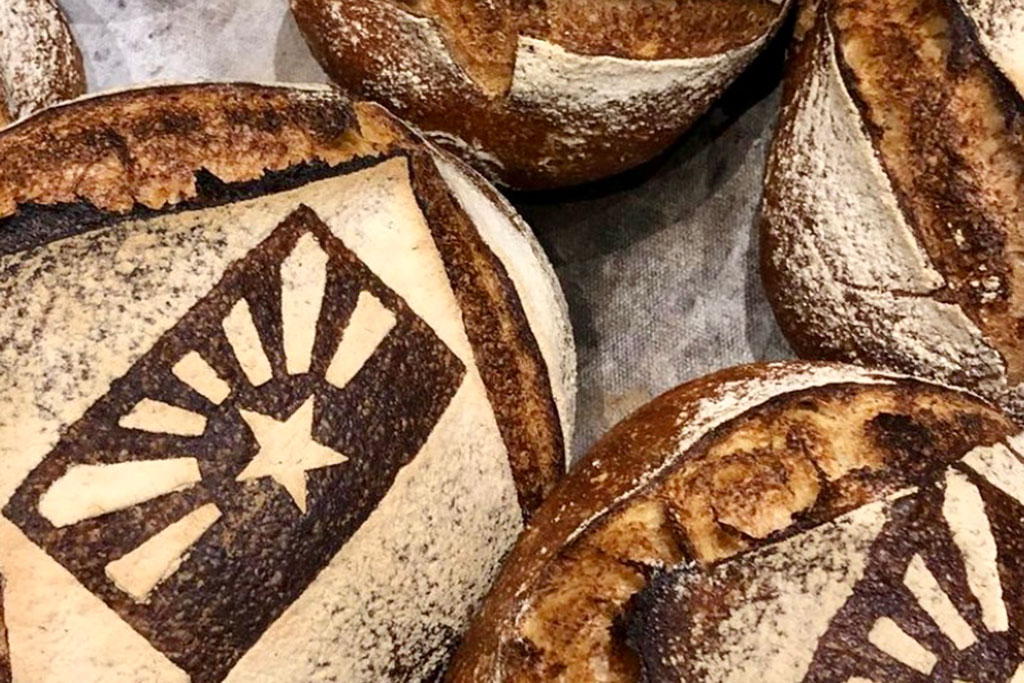
How important is using healthy ingredients to you?
I’m committed to sourcing from two local farms, BKW Farms and Hayden Flour Mills. At Barrio Bread, we use ancient, heritage, and modern wheats, and our breads are primarily made of three ingredients: flour, water, and salt. There are no fillers, so they’re low glycemic and low gluten. This matches what consumers are demanding now: they want to know where their food comes from and what you’re doing to support your local economy and the environment. I love my community, and I love creating something good for them now and in the future.
However, this is not just about feeding my community; it’s also an obligation to ensure that everything the farmers grow gets turned into food. They now realize that this is both sustainable and a good investment. I am so thankful for them and Native Seeds/SEARCH, a local organization I work with that’s helping farmers grow these ancient varietals. It’s a circular, hyperlocal model that has global adoption, and it’s fun to see people embracing it.
That’s why I recently created Barrio Grains, which further fosters full sustainability with my farmers by using up all their crops. I can’t feed everyone, but I can supply flours and grains and teach people how to make bread so they can both feed themselves and learn the craft of bread making.
Would you discuss the art of bread making?
Bread truly is both an art and a science, and you must have respect for it. I sculpt my bread to make it look beautiful, but it took a lot of work to learn how. Using heritage flours was a totally new experience: I was a mad scientist doing culinary experiments to perfect the quality of the pigments and flavors.
It wasn’t pretty—the bread didn’t always look good—so I created my first stencil, the cactus. That ramped up the bread’s popularity immediately. The bread also got better because I figured out how to correctly combine the flours; now it looks great and tastes great.
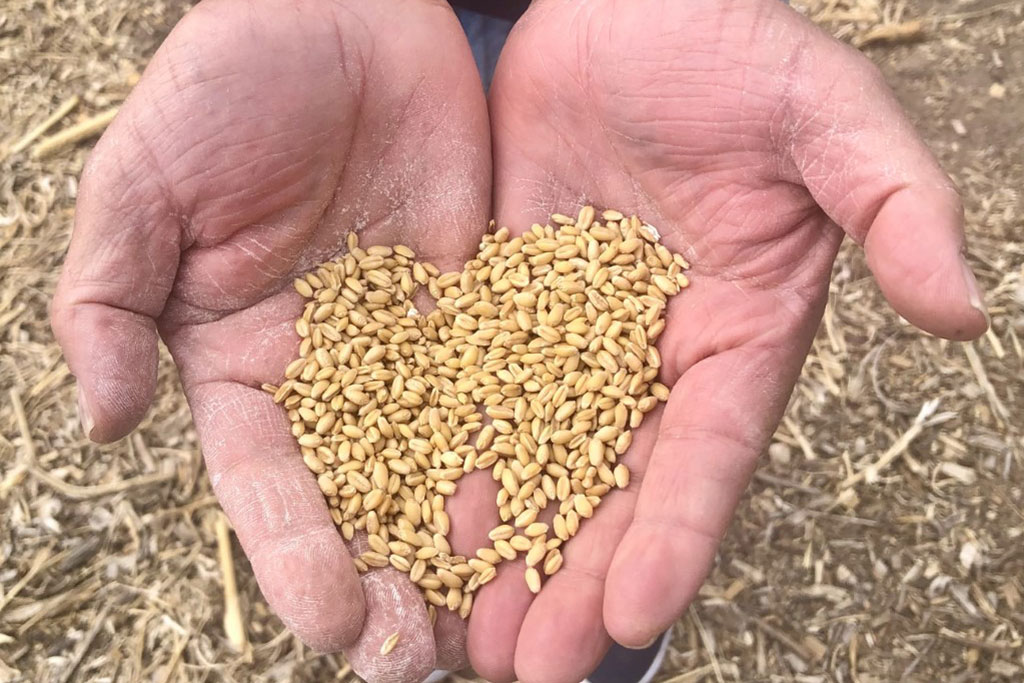
What are your most popular varieties?
We have thirty breads, so there’s something for everyone. But some are more popular, such as the Einkorn, which people are crazy about because it’s the lowest in gluten and the most nutritious. I have people lining up an hour before we open to make sure they get that bread. We also have fun flavors like Jalapeño-Cheddar, and the Cranberry-Walnut and the Heritage breads always sell fast.
You recently won a James Beard Award. Is that validation for your mission?
Totally. It validates that I chose the right path three decades ago. But I’ve still got a lot of work to do; I’m not sitting back and resting on my laurels. I’m going to use this exposure to continue creating believers in my community who understand what we need to do to strengthen our food economy and maximize our culinary possibilities. It’s kind of like waking up the world in my own way—I want people to know that there are a lot of choices other than white, wheat, and rye. I see that happening when a kid asks their parent for the ancient-grain Khorasan bread because it’s their favorite.
What does your Tucson community mean to you?
It’s everything. In fact, it’s the focus of the Barrio Bread mission statement: connecting community through bread. I went from peddling loaves out of the back of my minivan to having a garage bakery to creating a future-forward business for only one reason— Tucsonans wanted it to thrive.
I’ve also found that if you make the meaning first, the money will follow. I’m trying to create efficiency in what I do to not only pay farmers a good wage but also ensure that everyone in my community can eat. Nothing goes in the trash; what doesn’t get eaten goes to local shelters.
In seemingly every photo of you, you’re smiling. Is that a reflection of all this?
Absolutely. It’s funny you say that because my partner and I have a one-year-old daughter who smiles nonstop. We’re always curious about what’s going on in her head. I think she sees us smiling all the time, so it’s natural for her. It’s truly authentic.
Similarly, my passion, pride, and happiness are authentic. This has been the greatest life experiment, entrepreneurial experiment, and gastronomy experiment I could have hoped for. I’m thankful for what I’ve been able to accomplish, the constant challenges, and getting to do what I love. It’s fun and never gets old, and that’s why it comes through as a smile.
For more info, visit barriobread.com

